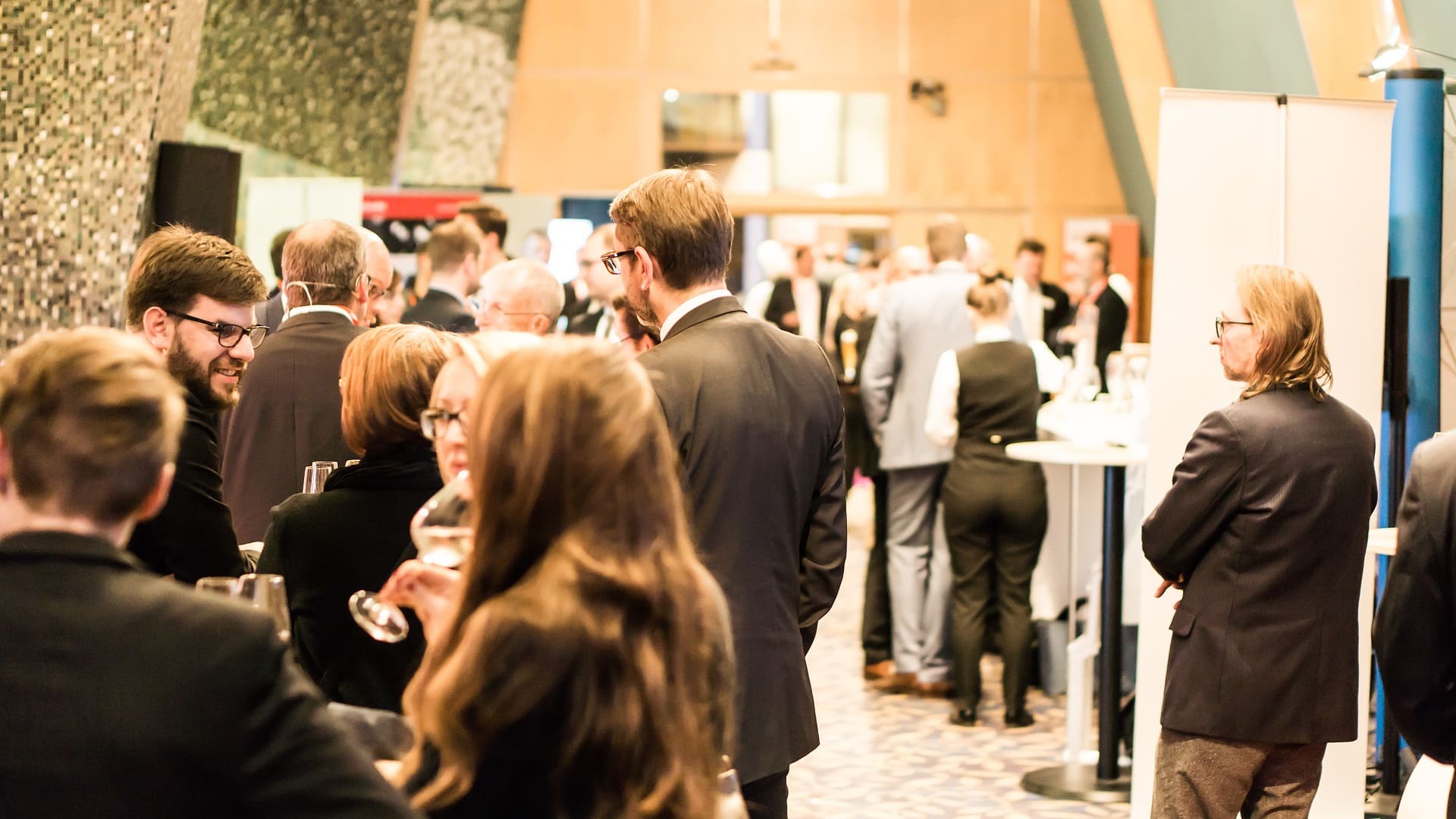Beyond Behaviors
Human behavior is a fascinating field of study that has captured the attention of various disciplines, such as psychology or philosophy.
But what drives us to act in certain ways in different situations in our lives? How do our emotions and beliefs influence our everyday actions? These are questions that continue to seek answers.
It is crucial to understand that our behavior doesn´t arise out of nowhere, but it is deeply conditioned by our emotions, conscious and unconscious beliefs, as well as our past experiences.
In fact, we could say that our behavior is the external manifestation of our “internal information.”
This internal information, shaped by our experiences and our perception of ourselves, can have a significant impact on our social interactions, especially in the workplace. Negative internal dialogue can trigger behaviors that negatively affect our work relationships and team performance. Social isolation, problematic social relationships, aggressiveness, or procrastination may result from this internal dialogue.
Additionally, our internal information is not only formed from our individual experiences but also from cultural and social influences. What happens in our environment contributes to shaping our beliefs and attitudes towards life, others, and the world around us.
It is important to note that our behavior not only affects ourselves but also the people we interact with. Our way of behaving and relating to others can influence how they perceive and label us, which in turn affects our personal and professional relationships.
It is crucial to recognize that behavior does not define our identity. For example, identifying as “shy” is limiting, as shyness is simply a behavior conditioned by our internal information. It is crucial to understand that we can change our behaviors by changing our underlying emotions and beliefs.
Instead of struggling against our unwanted behaviors, we can focus on changing the emotions and beliefs that generate them. By doing so, we can experience an automatic and lasting change in our behavior, as we are addressing the root of the problem.
Paying attention to our behaviors and identifying those that limit us is the first step towards significant change. Let’s remember that we are much more than our external actions and that, by understanding and working on our internal emotions and beliefs, we can achieve healthier and more constructive behavior.
So, have you reflected on the behaviors of your team? Have you identified individual behaviors that may be affecting group performance? It is crucial to be attentive to these aspects to promote a positive and productive work environment.

